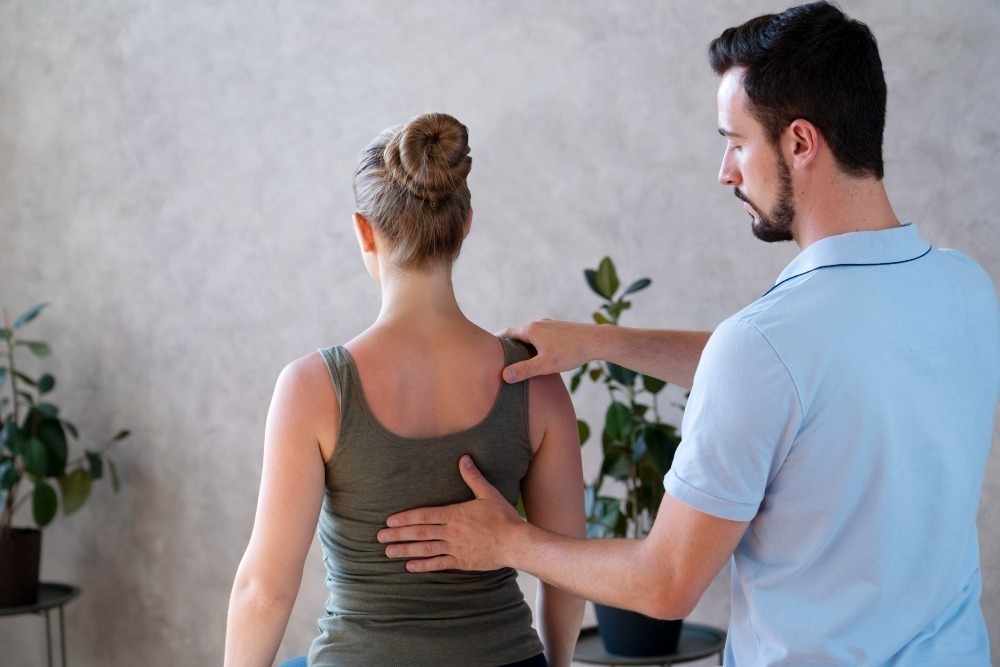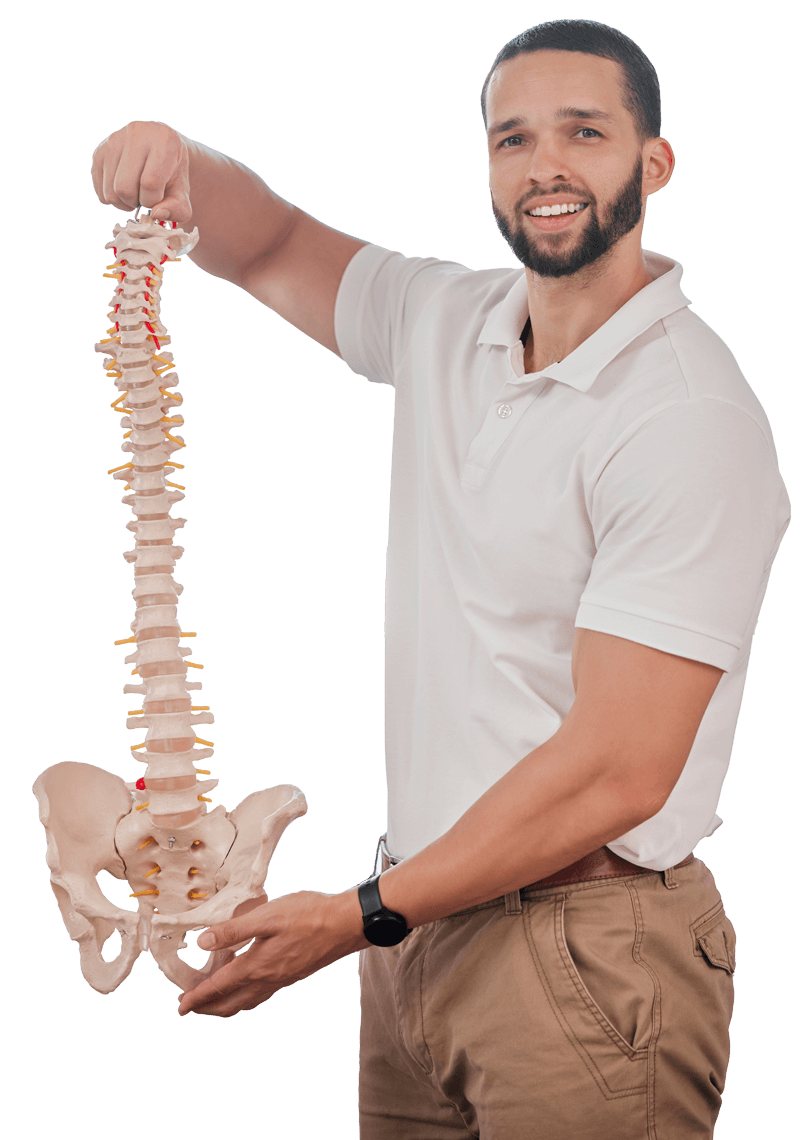Vestibular disorders can be profoundly destabilizing, affecting an individual’s balance and leading to symptoms such as dizziness, vertigo, and nausea. These conditions can significantly impact daily activities and overall quality of life. Fortunately, vestibular rehabilitation therapy (VRT) offers a beacon of hope. At Care2Cure Physiotherapy in Nepean, Ottawa, the implementation of VRT is providing patients with a path to recovery, leveraging specialized exercises and techniques to address and alleviate vestibular disorders.
Understanding Vestibular Rehabilitation Therapy
Vestibular Rehabilitation Therapy is a specialized form of therapy designed to alleviate both the primary and secondary problems caused by vestibular disorders. It involves a series of exercises tailored to address the unique symptoms of each patient, focusing on reducing dizziness, improving balance, and restoring normal function. Care2Cure Physiotherapy’s approach to VRT underscores their commitment to personalized, patient-centered care.
The Components of Vestibular Rehabilitation at Care2Cure
Assessment and Personalized Treatment Planning: The first step in VRT at Care2Cure Physiotherapy involves a thorough assessment of the patient’s vestibular symptoms and how they impact daily life. This assessment informs the development of a personalized treatment plan, focusing on the patient’s specific needs and recovery goals.
Balance Training: Many patients with vestibular disorders struggle with balance. Care2Cure’s vestibular rehabilitation program includes targeted exercises to improve balance and stability, helping patients regain confidence in their ability to move safely and effectively.
Gaze Stabilization: For patients experiencing dizziness or vertigo, gaze stabilization exercises are crucial. These exercises train the brain to maintain focus on a fixed point while the head is moving, reducing symptoms and improving visual clarity.
Habituation Exercises: Habituation exercises are designed to help the body and brain adapt to and eventually ignore dizziness-causing stimuli. By repeatedly exposing the patient to these stimuli in a controlled environment, Care2Cure helps reduce the intensity and frequency of dizziness episodes.
Education and Self-Management: An essential part of VRT at Care2Cure Physiotherapy involves educating patients about their condition and how to manage symptoms at home. This empowers patients to take an active role in their recovery, providing them with strategies to cope with and reduce symptoms.
The Impact of Vestibular Rehabilitation
Patients who undergo vestibular rehabilitation at Care2Cure Physiotherapy often experience significant improvements in their symptoms, leading to a better quality of life. By addressing the root causes of vestibular disorders rather than just the symptoms, VRT offers a long-term solution for those suffering from these conditions. The success of the program lies in its holistic, tailored approach, ensuring that each patient’s treatment plan is as unique as their symptoms.
Why Choose Care2Cure Physiotherapy for VRT
Choosing Care2Cure Physiotherapy for vestibular rehabilitation means opting for a clinic that prioritizes the latest evidence-based treatments and personalized care. With a team of dedicated professionals skilled in VRT, Care2Cure stands out for its commitment to helping patients overcome the challenges associated with vestibular disorders.
In conclusion, for those in Ottawa struggling with dizziness, vertigo, or other symptoms of vestibular disorders, Care2Cure Physiotherapy offers a proven pathway to recovery. Through vestibular rehabilitation therapy, the team at Care2Cure is revolutionizing the way these conditions are treated, enabling patients to reclaim their balance, confidence, and quality of life.


